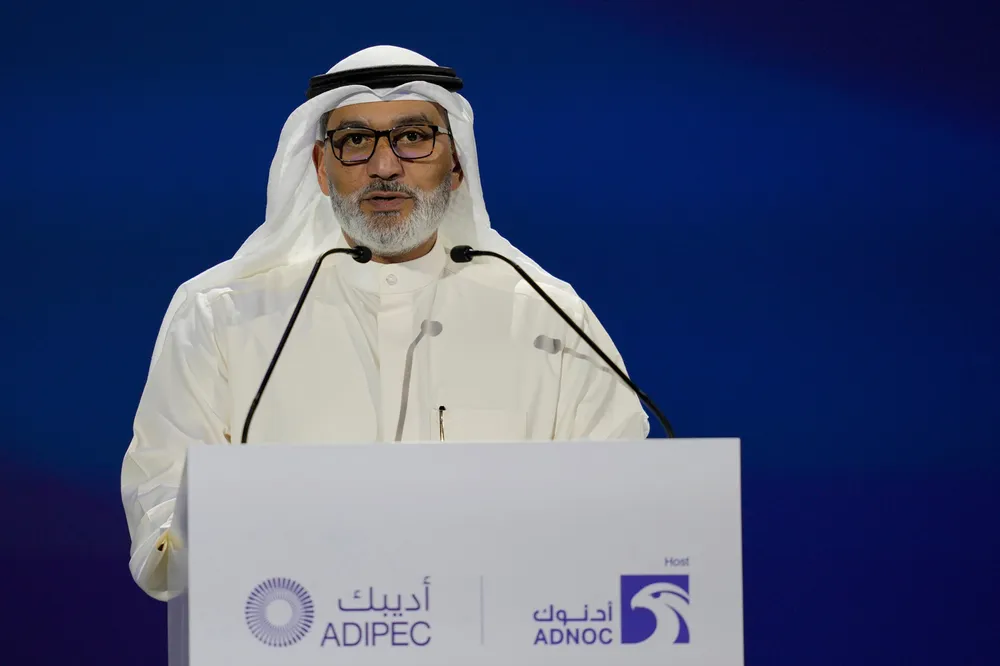Opec says $12.1 trillion investments required for oil industry until 2045
Producers’ group says world needs to add an average of 2.7 million boepd to 2045 to meet demand

Producers’ group says world needs to add an average of 2.7 million boepd to 2045 to meet demand
